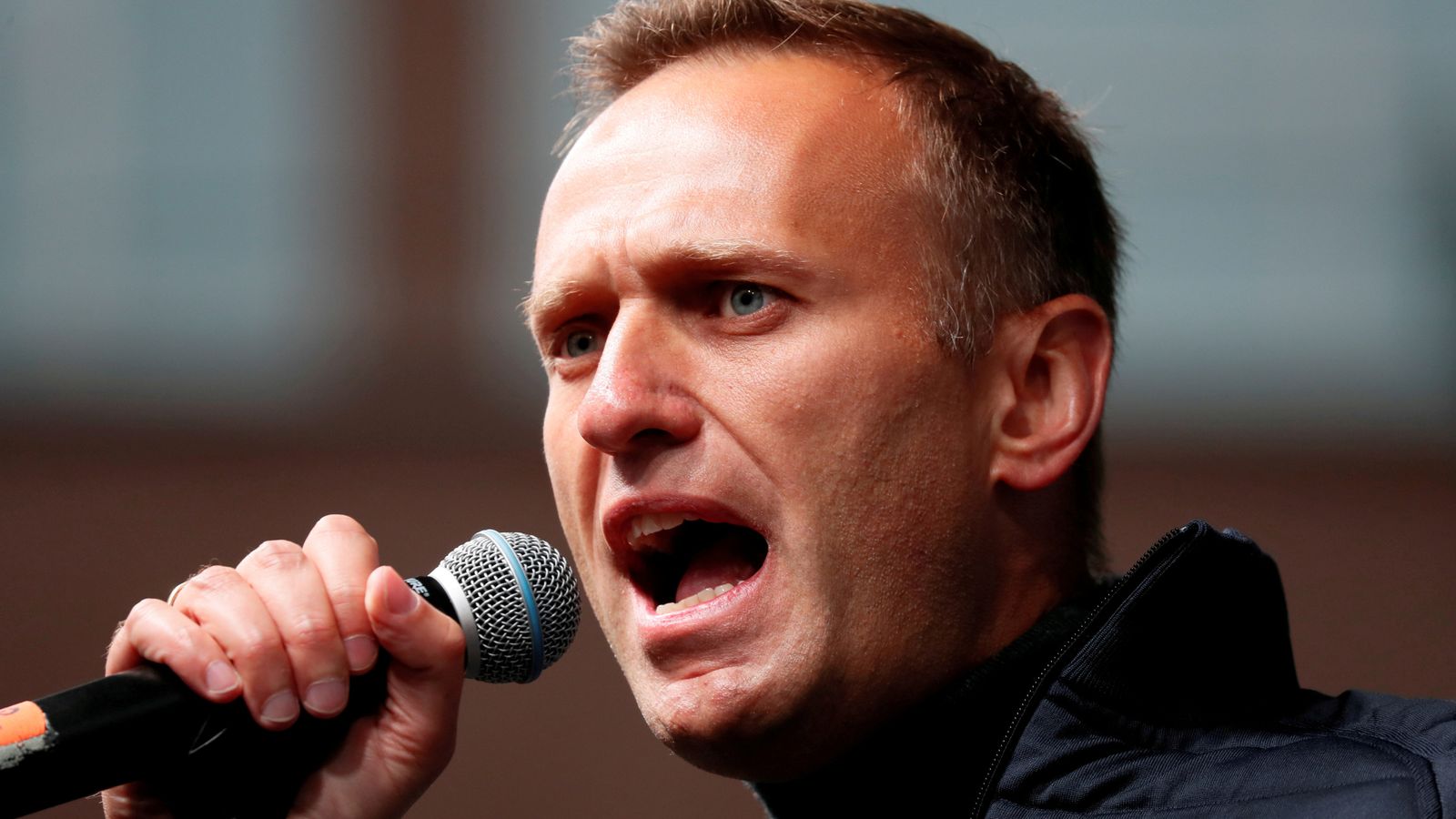South Korea's parliament votes to impeach President Yoon Suk Yeol over attempt to impose martial law
South Korea's parliament has voted to impeach President Yoon Suk Yeol over his short-lived attempt to impose martial law earlier this month.
Mr Yoon's decision plunged the country into a constitutional crisis as soldiers clashed with protesters on the streets of the capital Seoul.
Tens of thousands of demonstrators have braved the bitter cold and poured onto the streets of the city every night for the past two weeks, calling for Mr Yoon's removal and arrest.
The state of emergency only lasted about six hours as parliament voted to block the decree.
The president later apologised and survived a first impeachment vote after members of his People Power Party (PPP) boycotted it.
However, ahead of today's vote seven PPP members said publicly that they intended to back impeachment, with party leader Han Dong-hoon urging them to do so.
The country's opposition parties needed two-thirds of the National Assembly to back the motion today, meaning at least 200 MPs.
Children among dead after more than 30 killed in Israeli strike on Nuseirat, health authorities in Gaza say
The assembly passed the second impeachment motion in a 204-85 vote.
Impeachment refers to when a public official, in this case a president, is charged with misconduct by a legislative body such as parliament.
Following the result of today's vote, Mr Yoon will be suspended from presidential duties while the Constitutional Court has 180 days to decide whether to restore him or remove him from office.
If he is thrown out of office, a national election to choose his successor must be held within 60 days.
Prime Minister Han Duck-soo has been appointed acting president after today's vote.
Mr Yoon has separately been placed under criminal investigation for alleged insurrection over the martial law declaration.
Why did Mr Yoon try and impose martial law?
In his martial law announcement on 3 December, the conservative Mr Yoon said there was a need to rebuild the country by eliminating "shameless North Korea followers and anti-state forces", a reference to his liberal rivals who control parliament.
Since taking office in 2022, he has had near-constant friction with the main liberal opposition Democratic Party.
After declaring martial law, Mr Yoon sent hundreds of troops and police officers to the parliament to try to impede its vote on the decree before they withdrew after the parliament rejected it. No major violence occurred.
Opposition parties and many experts say that by law a president in South Korea is only allowed to declare martial law during wartime or similar emergencies and has no rights to suspend parliament's operations even under martial law.
-SKY NEWS







